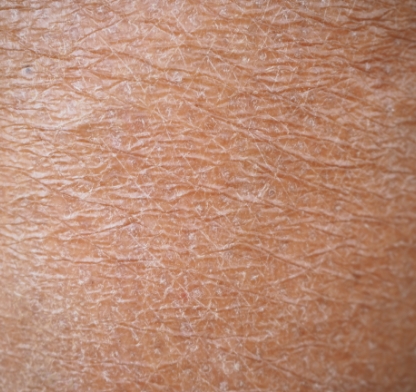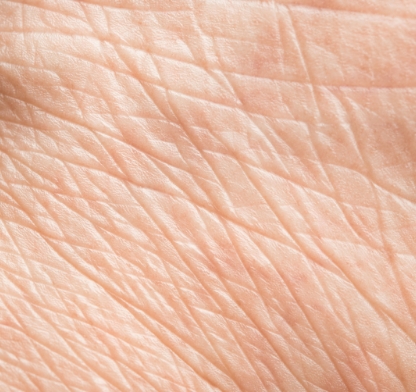Perimenopause marks the time before your menopause, in which your ovaries gradually stop working. This is a natural process but can cause physical symptoms including skin changes and hot flushes.
Perimenopause occurs before you officially hit the menopause and is marked by a drop in estrogen which is the main female hormone produced by the ovaries. Your oestrogen levels can go up and down more sporadically than they do in a typical 28-day cycle, which can cause irregular periods and other symptoms.
During the final stages of perimenopause, your body produces less and less oestrogen, but it is still possible to get pregnant. Perimenopause can last a few months or as long as up to four years. You may also experience changes in your skin during this time. Let’s dive into some of the symptoms you may experience during this time of change.
What are some of the symptoms of perimenopause?
Dry mouth and dry eyes
As estrogen drops, this reduces moisture in the mucous membranes which is why many women who experience a dry mouth can also experience dry eyes.
Hot flushes
During the premenopausal, the ovaries begin to work less effectively, and the production of hormones like estrogen and progesterone declines over time which can cause hot flushes.
Ringing in the ears
One possible link between tinnitus and menopause is hormonal changes. During menopause, levels of oestrogen and progesterone decline.
Teeth problems
Tooth decay can increase during the menopause. A dry mouth can mean germs linger, and this is a direct effect of loss of oestrogen.
Night sweats
Hormone changes related to reproductive hormones, like estrogen and progesterone, can cause unpleasant changes in your body temperature that make you feel too hot. Your body may respond with a hot flush to cool down, or you may sweat excessively (night sweat).
How does my skin change during the perimenopause?
Dry skin
Lower level of estrogen can affect the skin’s ability to retain ceramides, hyaluronic acid, and sebum. It often means that the skin can feel drier, scaly, and less hydrated.

Thinning skin
Did you know you lose 30% of collagen in the first five years of the menopause? Lower collagen levels cause the skin to become thinner, firmer and make lines and wrinkles more visible.

Problem skin
Problem skin becomes more common during the menopausal period because of the changing ratio of hormones. In addition, changes to the skin’s PH and the level of oils produced by the skin can contribute to blemishes and imperfections.



